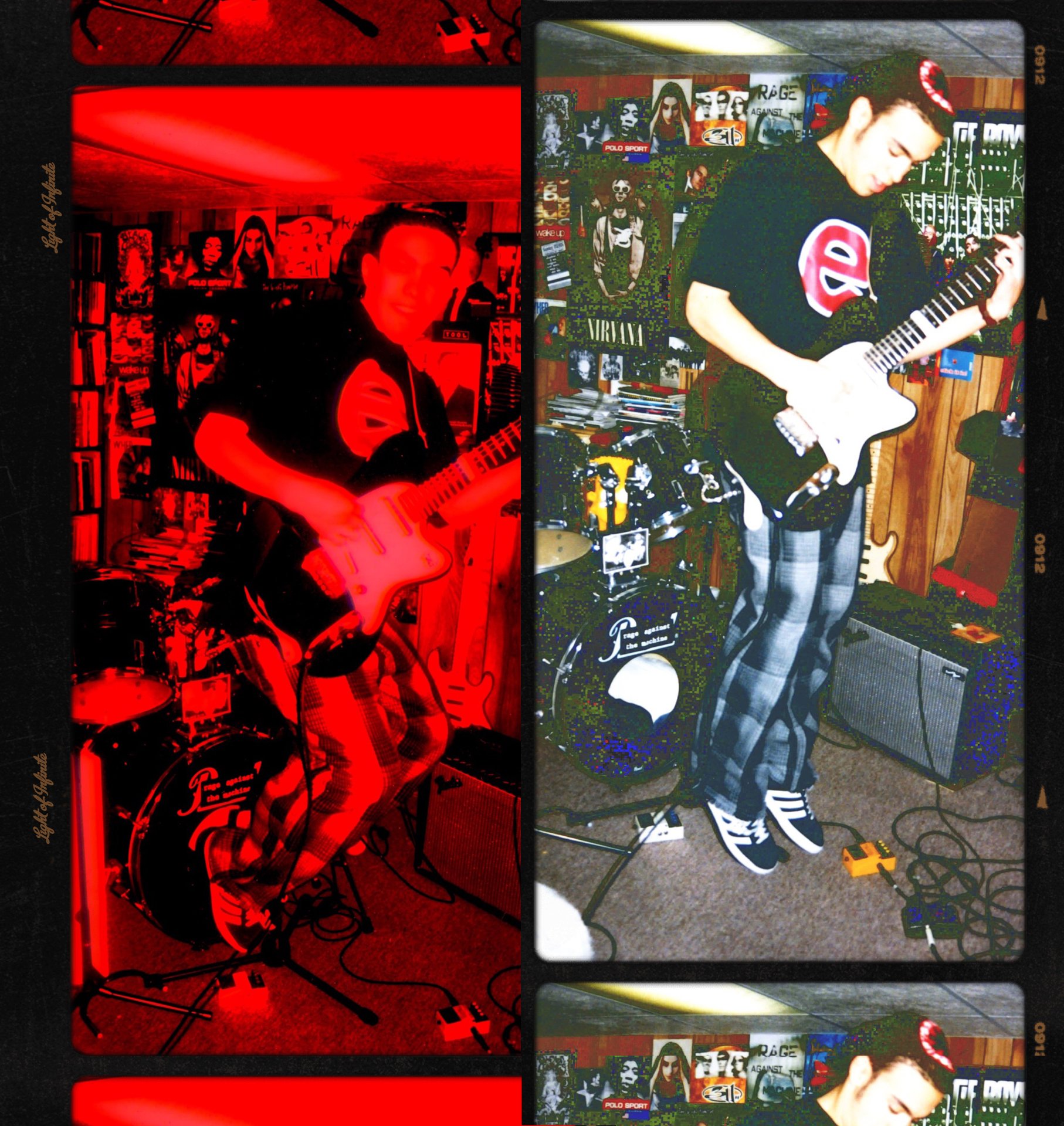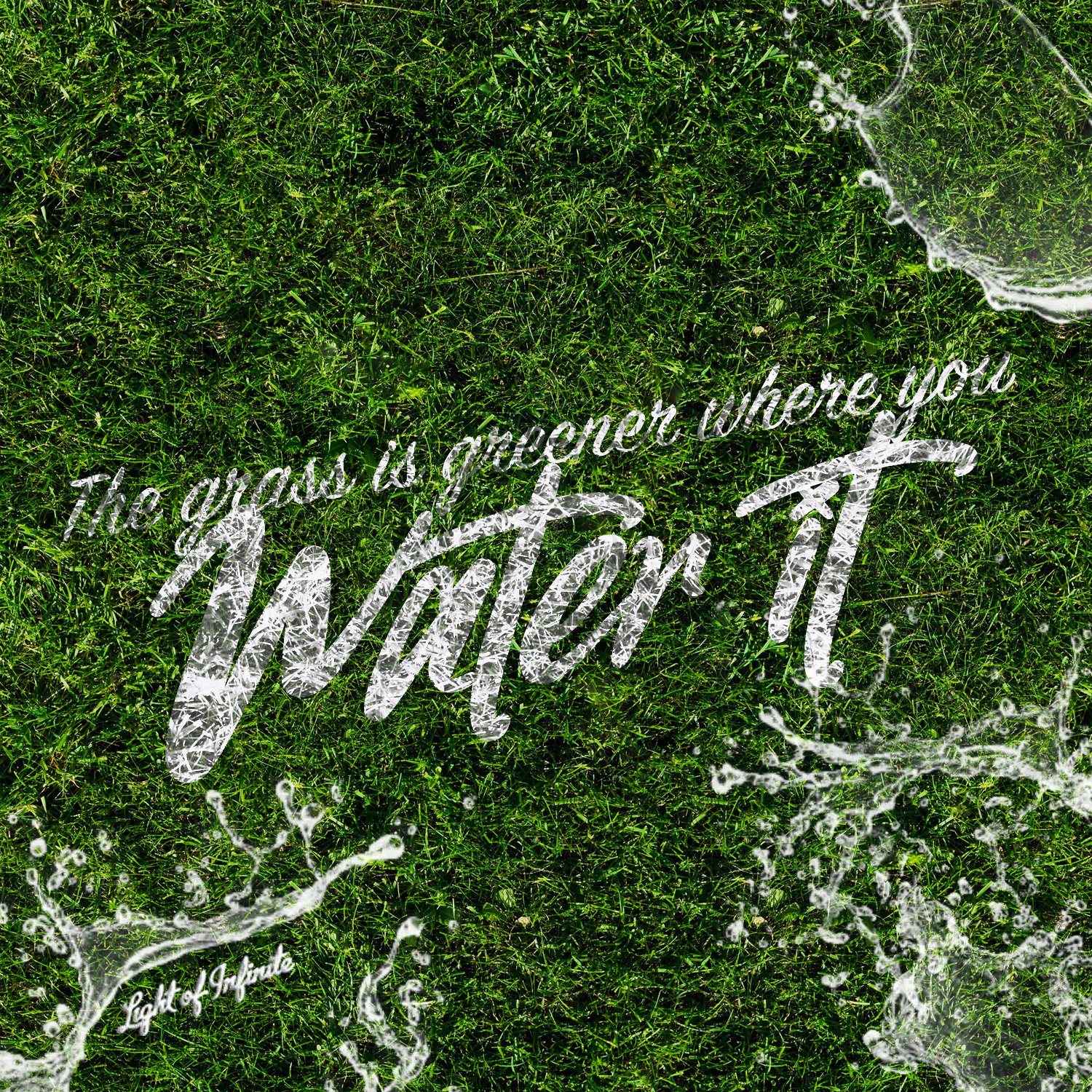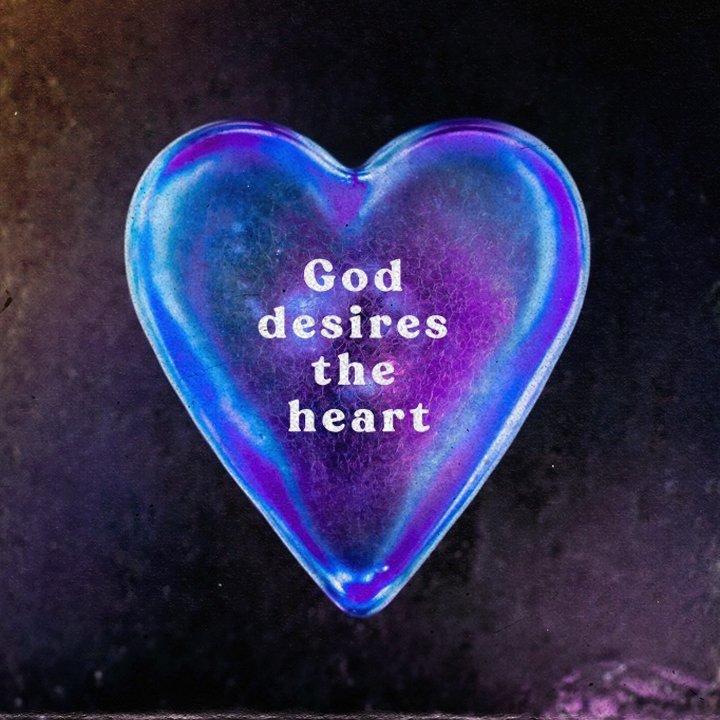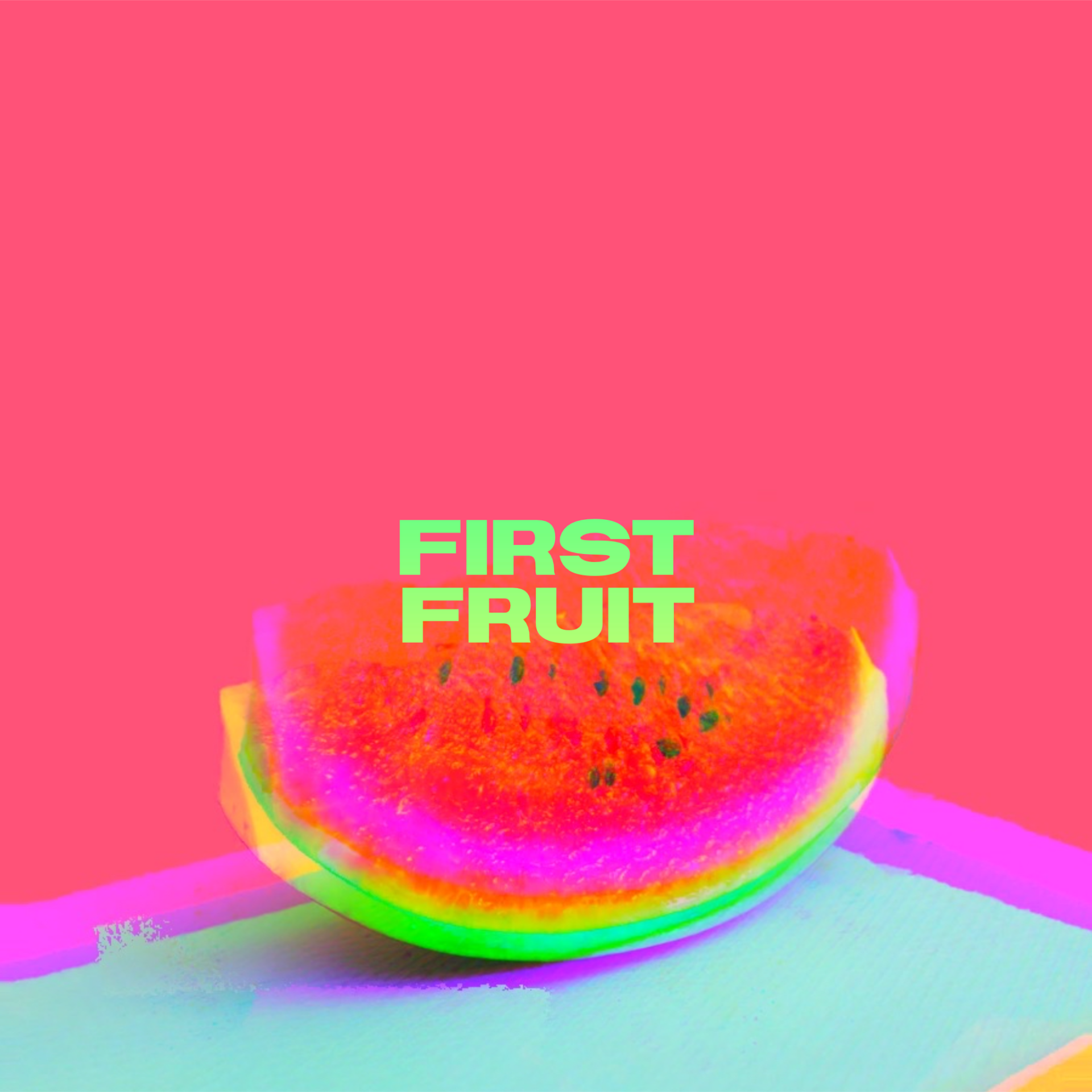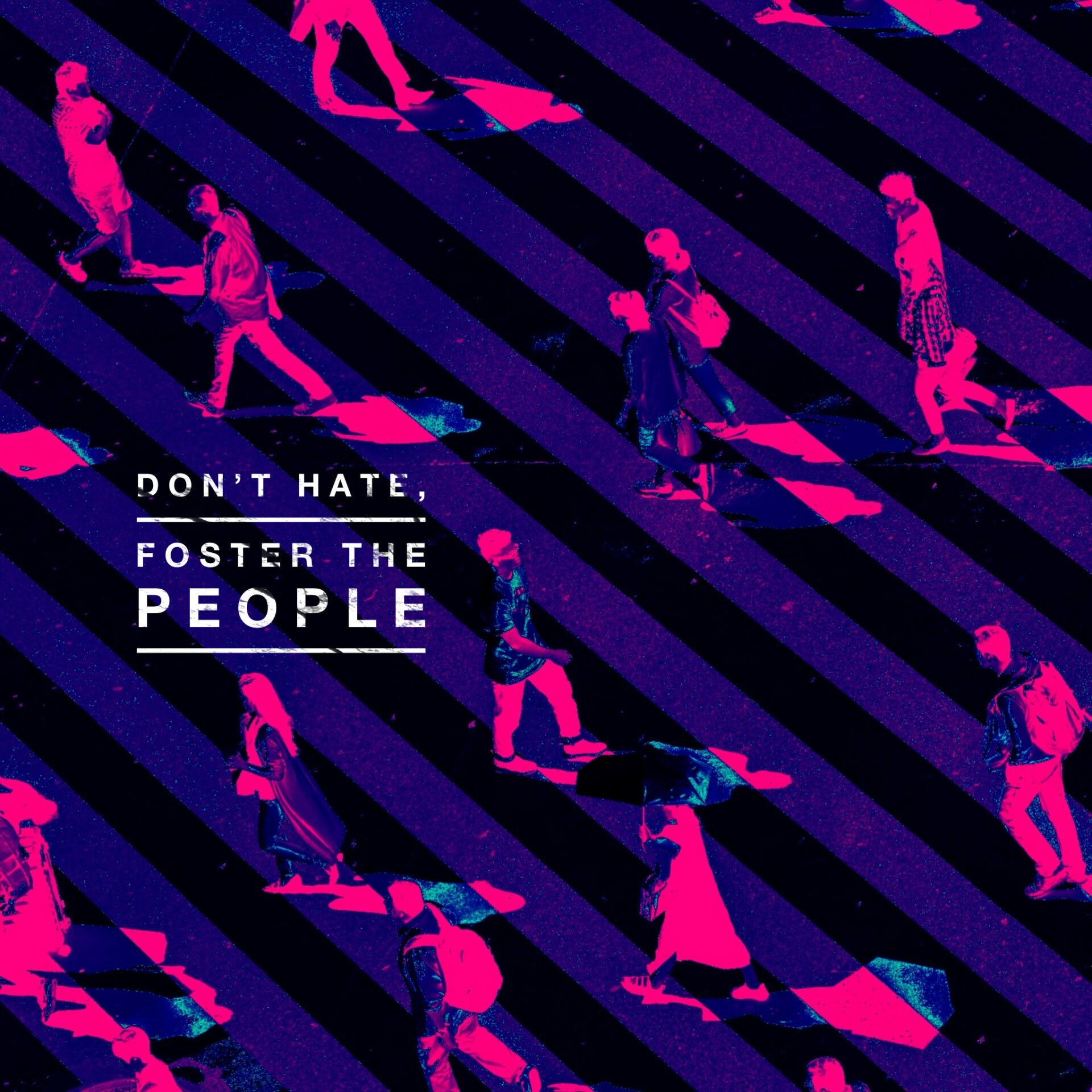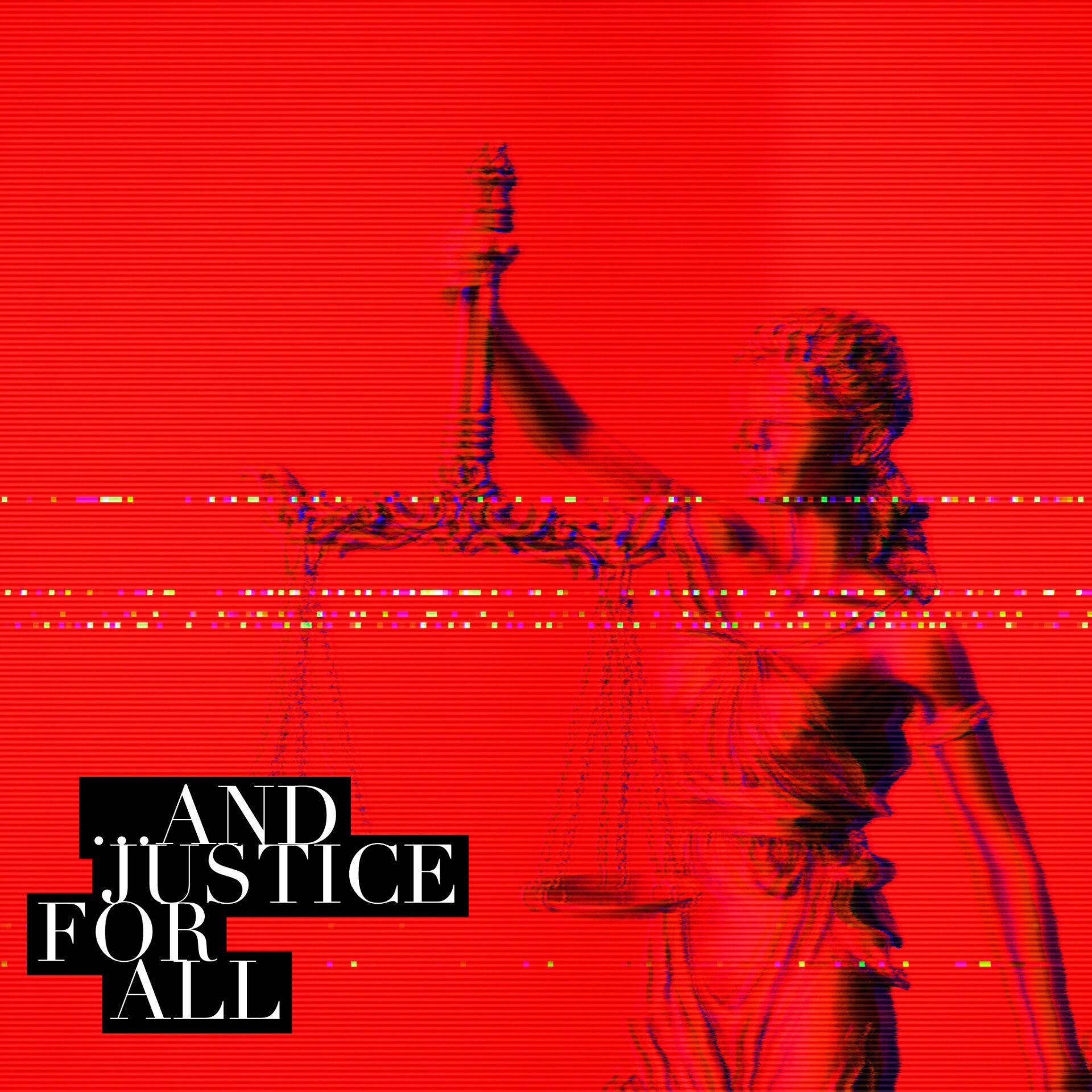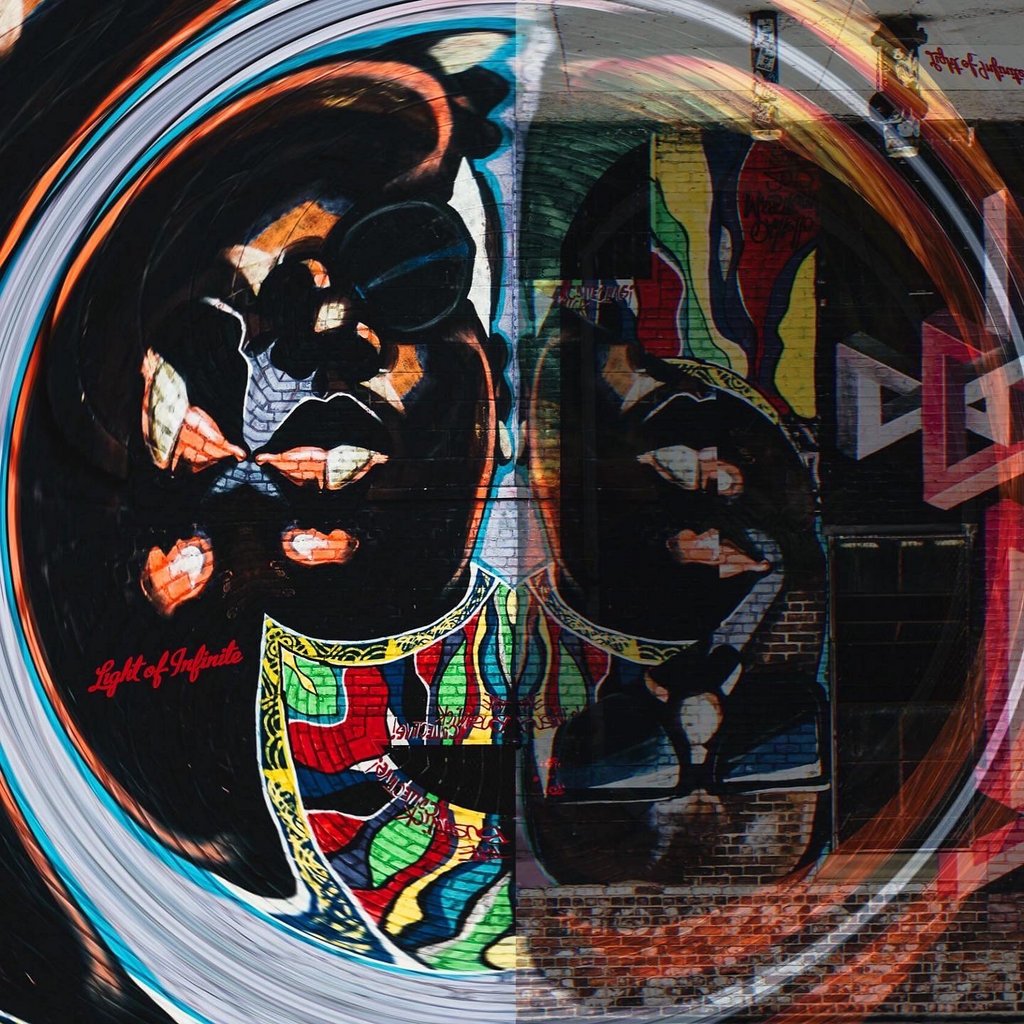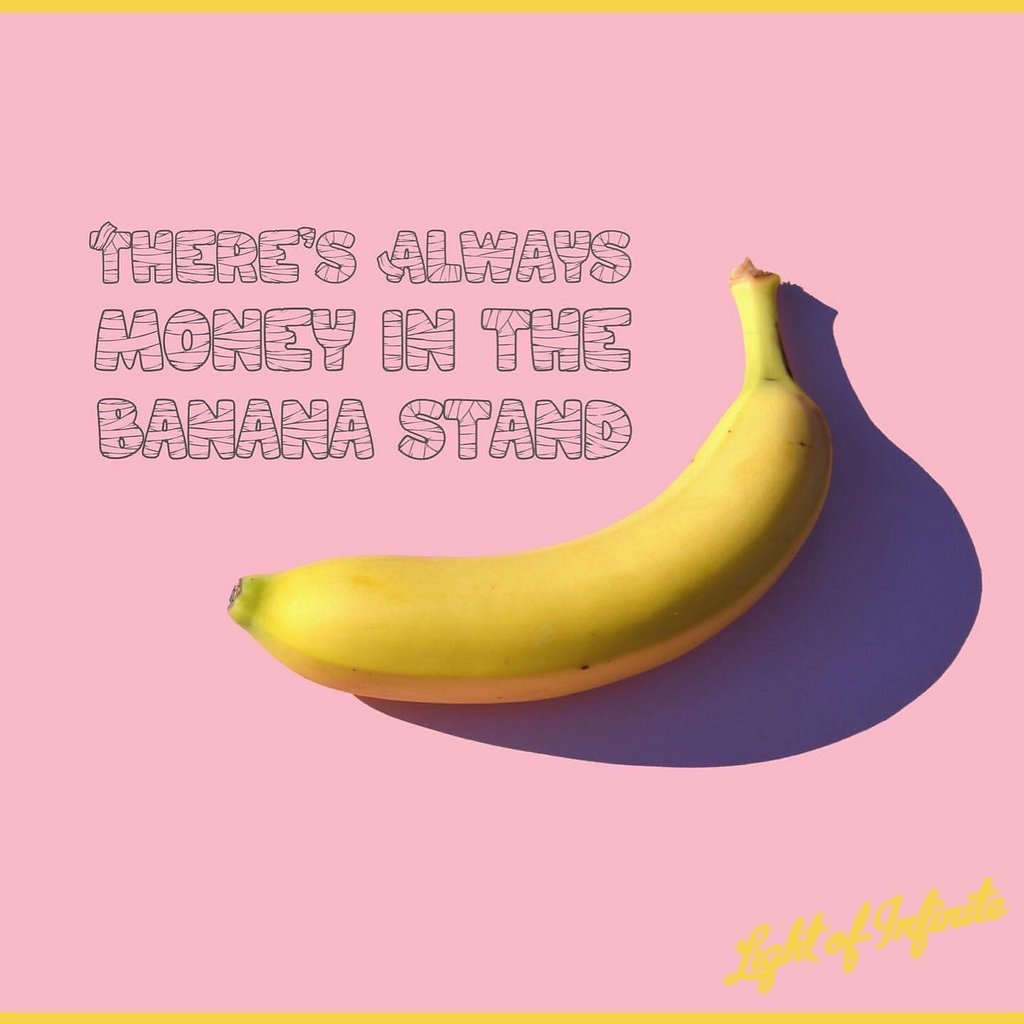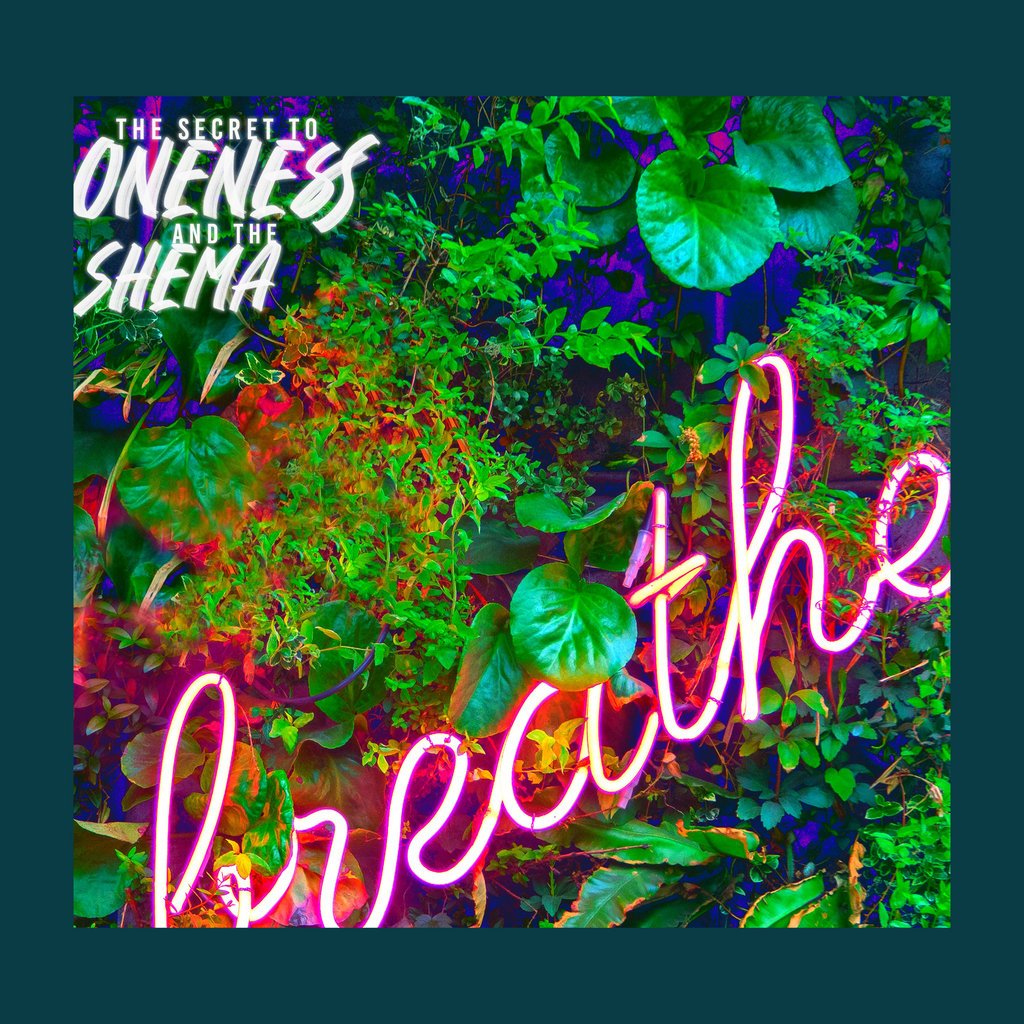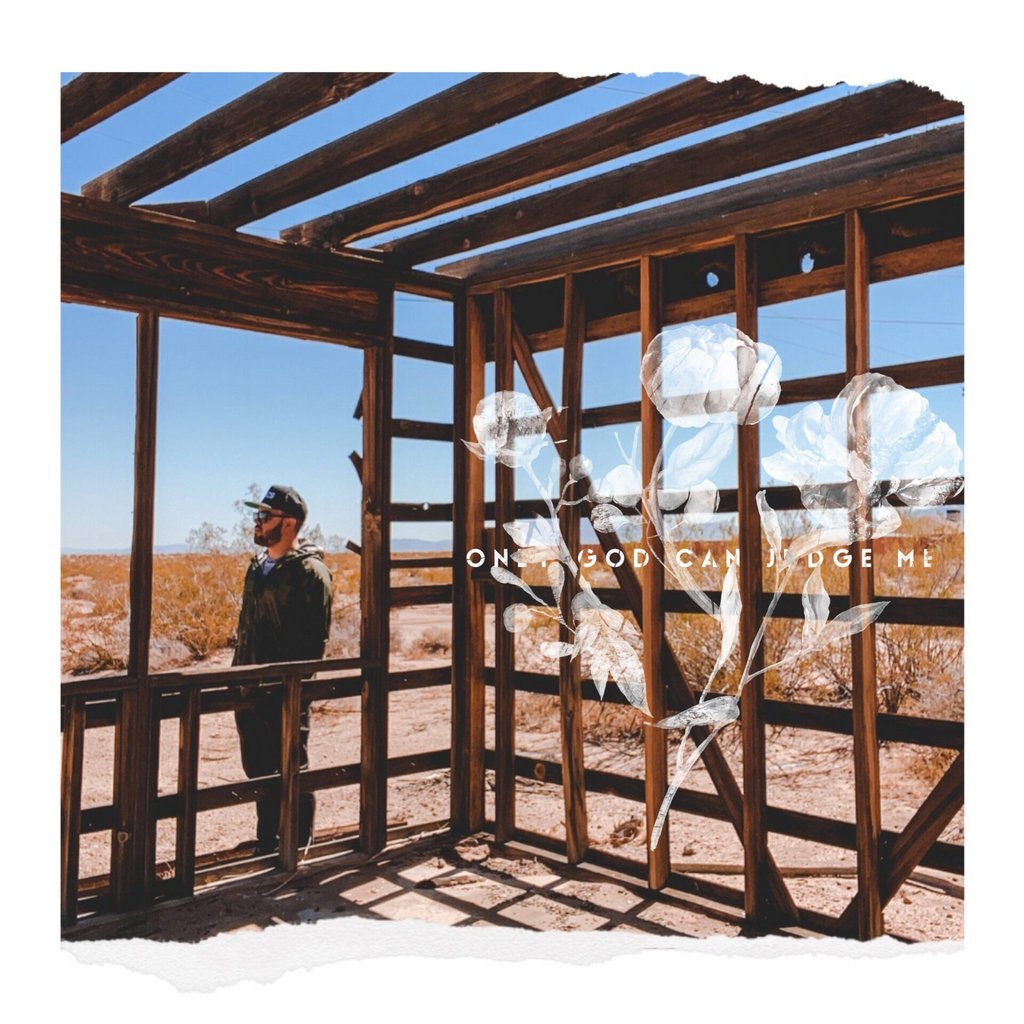The Song That Saved My Life (deuteronomy: vayelech)
The Rashbam says the entire book of Devarim is called שירה, “Song,” We see this week that Torah is synonymous with Song. For this week, I wrote about how a song saved my life. Music has been such an important healing tool for me over the years. Feeling good comes in waves, so if you hit a funk, it’s important to have ways to get yourself out. For some it’s being in nature, seeing the grand grace and epic beauty of creation, for others it’s exercising, and for others it’s staying connected to loved ones. For me, staying happy and connected is certainly tied to maintaining a daily spiritual practice, but also an important and key part is music. Music transcends current moods and creates universes to jump into; it’s a powerful way to shift perspective and feelings. @BonIver‘s self-titled …
The Song That Saved My Life (deuteronomy: vayelech) Continue Reading
